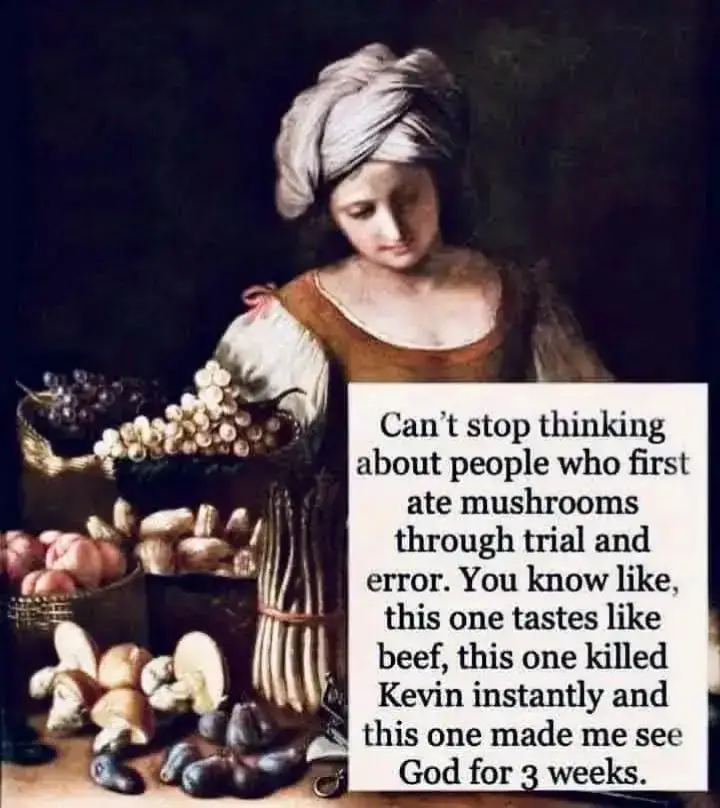Marjhan munni
Region: BD
Tuesday 05 November 2024 12:04:25 GMT
253
18
4
2
Music
Download
Comments
❤️সুখ পাখি❤️6106969523801 :
Osadharon hoiche kopi lingk repost kore dilam saport korben plz apu
2024-11-06 08:44:18
0
Raju Tlx :
রাইট
2024-11-06 06:14:50
0
Md Rahat :
😁😁😁
2024-11-05 15:01:55
0
Kalam :
😁😁😁
2024-11-05 14:45:27
0
To see more videos from user @user509251255, please go to the Tikwm
homepage.





